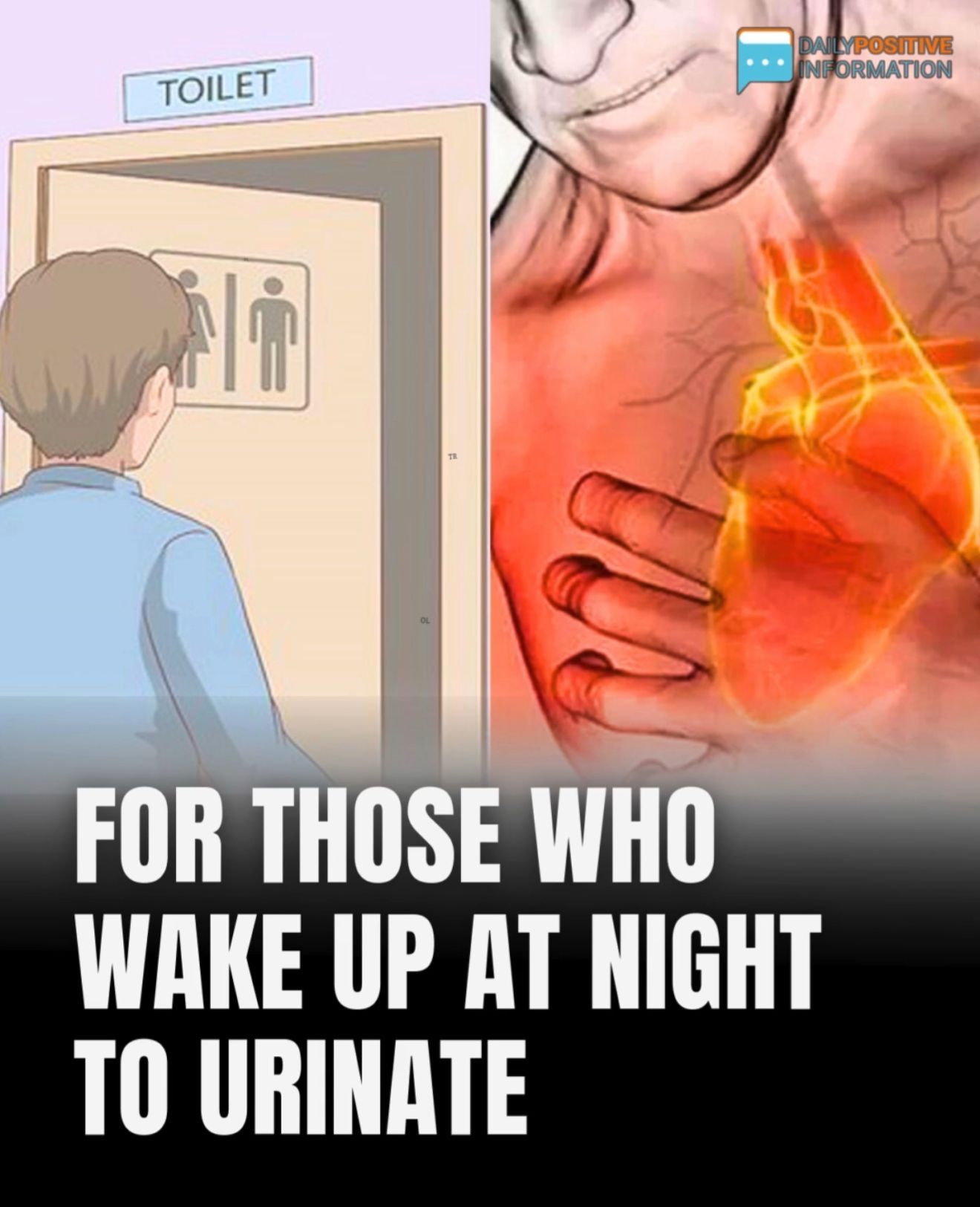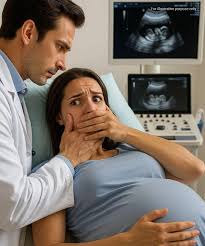Getting a good night’s sleep is essential to feeling refreshed and alert the next day, but if you find yourself waking up multiple times during the night just to use the bathroom, it could be more than just a nuisance—it might be a sign of a condition called nocturia. This common issue, especially among adults over the age of 60, is defined as waking up two or more times each night to urinate. While many people chalk it up to simply drinking too much water, nocturia can sometimes point to more serious health concerns. It’s important to understand the causes, symptoms, and treatment options for nighttime urination, and when it may be time to seek medical advice. Unlike enuresis, which is the involuntary loss of urine during sleep (commonly known as bedwetting), nocturia involves consciously waking up to relieve the bladder. Both can affect sleep, but nocturia often disrupts sleep quality significantly and may be a red flag for other medical conditions.

There are several possible causes of nighttime urination, and one of the most common is aging. As we get older, our bodies produce less of an antidiuretic hormone that helps us retain fluid and concentrate urine at night. As a result, the kidneys produce more urine while we sleep. Aging can also weaken the muscles of the bladder, making it harder to hold urine for long periods. Beyond age, other causes include consuming too much fluid before bed—especially beverages containing alcohol or caffeine—which can stimulate the bladder. Diuretics, medications often used to treat high blood pressure or heart conditions, also increase urine output and may contribute to nighttime bathroom trips. Chronic urinary tract infections (UTIs), bladder infections, and pregnancy can also lead to increased nighttime urination. Women may experience more frequent urination during and after pregnancy due to the strain placed on pelvic floor muscles. In some cases, frequent nighttime urination is tied to more serious conditions, such as diabetes, congestive heart failure, chronic kidney disease, or an enlarged prostate in men. Sleep disorders like insomnia, restless legs syndrome, or obstructive sleep apnea may also be culprits, as they can cause frequent awakenings and make people more aware of their need to urinate.
The symptoms of nocturia are fairly easy to spot. Most healthy adults can sleep six to eight hours without needing to use the bathroom. If you’re waking up two, three, or more times a night to urinate, that’s a key sign of nocturia. You might also notice a strong urge to go even when little urine is passed, or you may feel like you never fully empty your bladder. Repeated interruptions to your sleep can lead to fatigue, poor concentration, and irritability during the day. Older adults are especially vulnerable to falls or accidents while getting up at night, adding another layer of concern.
To properly diagnose nocturia, your doctor will begin by reviewing your symptoms and conducting a physical examination. They’ll likely ask about your nighttime habits, such as how often you wake up to use the bathroom, how long this has been happening, and whether you consume large amounts of fluids or take medications like diuretics in the evening. They may also order a urinalysis to look for abnormalities in your urine or check for infection. A urine culture might be performed to rule out bacterial causes, and a post-void residual test, usually done with ultrasound, can measure how much urine remains in your bladder after you go. If more serious health concerns are suspected, your doctor may recommend blood tests such as blood sugar, blood urea nitrogen, creatinine clearance, serum electrolytes, and blood osmolality. These can help determine whether kidney disease, dehydration, or diabetes is behind your symptoms.
Treatment for nighttime urination depends on what’s causing it. If your doctor determines that fluid intake is the issue, they may advise limiting fluids in the evening. Lying down with your legs elevated during the day or wearing compression socks can help shift fluids and reduce nighttime trips to the bathroom. Even taking a short afternoon nap can make a difference if your sleep is consistently disrupted. In some cases, medication may be necessary. Anticholinergics are a class of drugs that help relax the bladder and reduce spasms, which in turn decreases the urge to urinate. These medications may also help with bedwetting but can come with side effects like dry mouth, dizziness, and blurred vision. Some doctors may suggest taking a diuretic earlier in the day to promote urination when you’re awake rather than at night. Synthetic antidiuretic hormone may also be prescribed to reduce urine production during sleep. It’s important to note that while medications can help manage symptoms, they don’t cure nocturia. Once you stop taking them, the symptoms often return. Managing nocturia typically involves a combination of lifestyle changes, medical treatment, and addressing any underlying health conditions that may be contributing to the problem.





